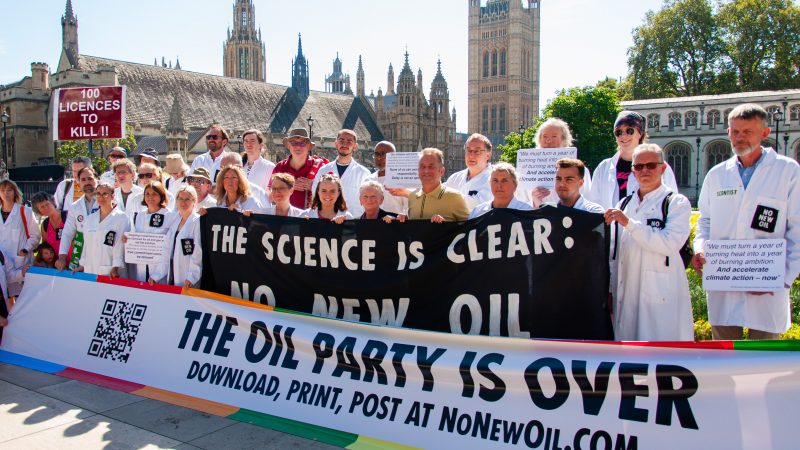Israel Has Killed More Kids in 3 Weeks Than Were Killed in All Global Conflicts Annually Since 2019

Original article by JAKE JOHNSON republished from Common Dreams under Creative Commons (CC BY-NC-ND 3.0).
“One child’s death is one too many, but these are grave violations of epic proportions,” said the humanitarian group Save the Children. “A cease-fire is the only way to ensure their safety.”
Over just a three-week period, the Israeli military has killed at least 3,195 children in the Gaza Strip—a death toll that surpasses the annual number of children killed in all of the world’s armed conflict zones since 2019.
That’s according to a disturbing new analysis by Save the Children, which observed that kids make up more than 40% of the total death toll in the Gaza Strip since October 7, when Hamas launched a deadly attack on Israel that was met with a massive bombing campaign and an intensifying ground attack.
The humanitarian group noted that, according to the United Nations, at least 1,000 Gazan children have been reported missing and may be trapped under rubble, meaning the reported death toll is almost certainly an underestimate. UNICEF has called child deaths in Gaza “a growing stain on our collective conscience” and demanded a cease-fire.
Save the Children did the same on Sunday. Jason Lee, Save the Children’s country director for the occupied Palestinian territory, said in a statement that “three weeks of violence have ripped children from families and torn through their lives at an unimaginable rate.”
“The numbers are harrowing and with violence not only continuing but expanding in Gaza right now, many more children remain at grave risk,” Lee added. “One child’s death is one too many, but these are grave violations of epic proportions. A cease-fire is the only way to ensure their safety. The international community must put people before politics—every day spent debating is leaving children killed and injured. Children must be protected at all times, especially when they are seeking safety in schools and hospitals.”
Save the Children cites the most recent three annual reports from the U.N. secretary-general, which have found that 2,985 children were killed across two dozen countries last year, 2,515 were killed in 2021, and 2,674 were killed in 2020. More than 4,000 children were killed in global conflicts in 2019.
The group’s analysis was released days after it warned that Israel’s expanded ground assault on the Gaza Strip has put children “at heightened risk of loss of life, physical harm, severe emotional distress, and protracted displacement.”
Israeli troops and tanks advanced toward Gaza City on Monday and “blocked one of the main roads connecting the northern part of the Gaza Strip to the south,” The Wall Street Journalreported, “a major advance that appeared aimed at encircling the enclave’s biggest population center.”
More than a million Gazans had already been displaced by Israeli airstrikes before the country launched its fresh ground attack late last week. Israeli bombing has also destroyed or damaged at least 45% of Gaza’s housing units.
On Friday, as Israel ruthlessly bombed northern Gaza and knocked out the territory’s internet and communications, a Save the Children team member in Gaza warned in a message that “we could all die, we could survive, we could survive, we could… pray for us.”
Save the Children said later in the day that it lost contact with its team on the ground in Gaza.
“This is pure horror for all children and their parents,” Lee said Friday. “Across the Gaza Strip, more than one million children are trapped in the middle of an active conflict zone with no safe place to go and no route to safety. With communications down, children are cut off from the world, more isolated than ever before. They are unable to speak to loved ones, or even to call an ambulance.”
“Despite Save the Children and thousands of other voices calling for an urgent cease-fire, we are seeing an increase in military operations,” he continued. “We call on all parties to the conflict to take immediate steps to protect the lives of children, and on the international community to support those efforts, as is their obligation.”
Original article by JAKE JOHNSON republished from Common Dreams under Creative Commons (CC BY-NC-ND 3.0).


